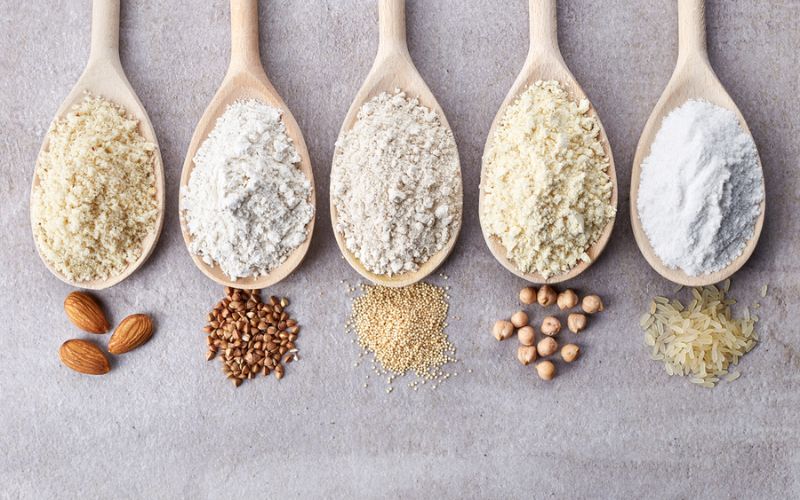So, you’ve either decided to go vegan or are simply interested in learning more about the foods you eat. One possible inquiry: “Is flour vegan?” We’ll learn all about flour and its vegan credentials so you can make educated decisions on your plant-based diet.
Understanding Flour and Its Sources:
Learning Where Flour Comes From Flour is a staple in the kitchen, used to make anything from bread to pastries. It’s simply a powdered form of different grains, seeds, and nuts that have been coarsely ground. Flour may be made from a wide variety of grains and legumes, including wheat, rice, oats, maize, and even chickpeas.
Is Flour Vegan? Exploring Its Vegan Suitability
The main issue now is whether or not all flours can be used by vegans. The good news is that in their unadulterated forms, the vast majority of flours are vegan. Flour made from wheat, rice, oats, or maize is usually considered vegan-friendly because it does not include any components produced from animals.
Potential Non-Vegan Ingredients:
Be wary of speciality flours and pre-packaged mixtures because they may include non-vegan ingredients. Some commercial flours may contain ingredients that vegans want to avoid, such as additions, boosters, or conditioners. Mono- and diglycerides, which are occasionally generated from animal fats, are examples of such additions. You may avoid products with harmful substances by reading the labels.
Exploring Gluten-Free Flours:
Investigating Gluten-Free Flour Options Gluten-free flours are a great alternative for people who are both vegan and gluten-intolerant. Common alternatives to wheat flour in gluten-free baking include almond flour, coconut flour, and chickpea flour. These flours have no gluten and can be used to give your baked goods a special taste and texture.
Baking without Eggs and Dairy:
Flour plays a significant role in substituting eggs and dairy when converting non-vegan dishes to a vegan diet. Making a flax egg by combining flaxseed meal and water is a typical method used in baking. This combination, like eggs, serves as a binder. Furthermore, plant-based milk substitutes may be used in lieu of dairy milk, complementing a wide range of wheat types.
Incorporating Flour into a Vegan Diet:
Since it can be used in so many different ways, flour is a great addition to a vegan diet. It’s possible to make everything from savory veggie fritters with chickpea flour to sweet banana bread with oat flour. If you want to be more creative in the kitchen without compromising your vegan principles, trying out new flours is a great place to start.
Final Verdict
In conclusion, flour is often vegan since it is derived from grains, seeds, and nuts, all of which are plant-based ingredients. But it’s important to be on the lookout for additions in some commercial flours. Vegan baking may be improved by learning more about gluten-free flours and using those to their full potential. Remember that using a variety of flours in your recipes is in line with your dedication to a vegan lifestyle and also adds complexity to your culinary creations. In other words, give in to the flour and start experimenting with plant-based cuisine.

